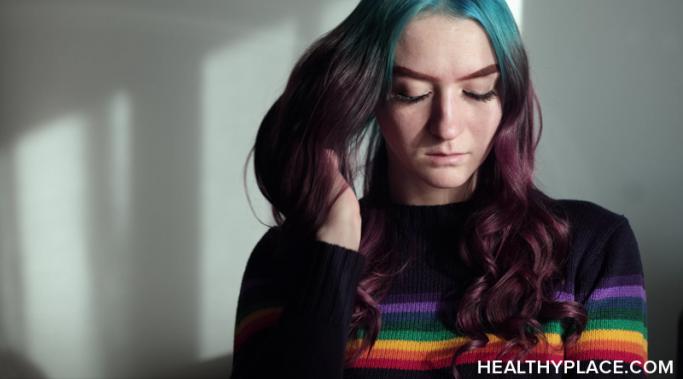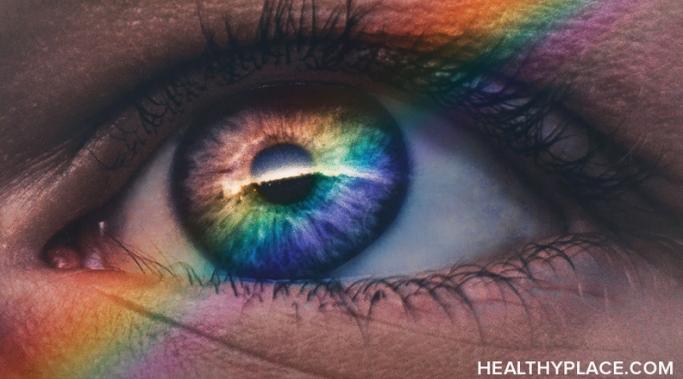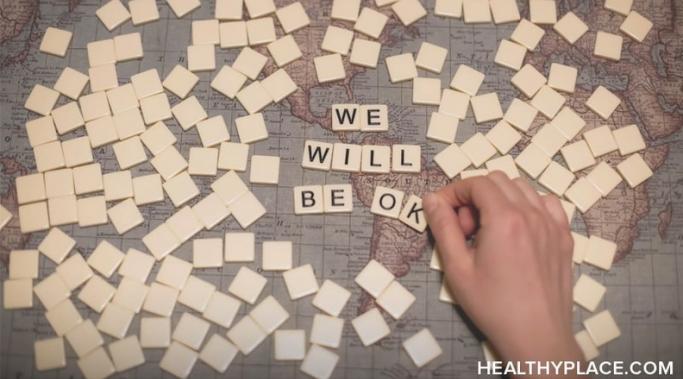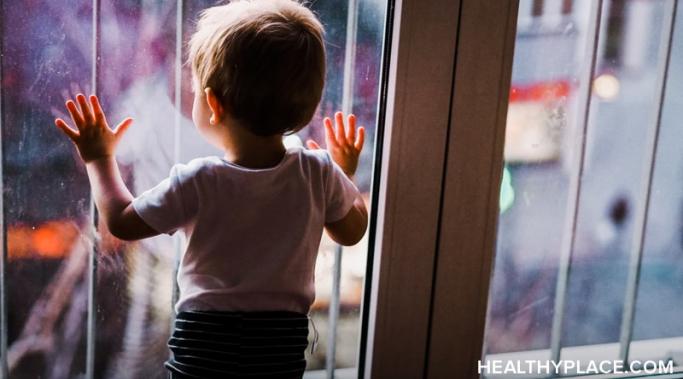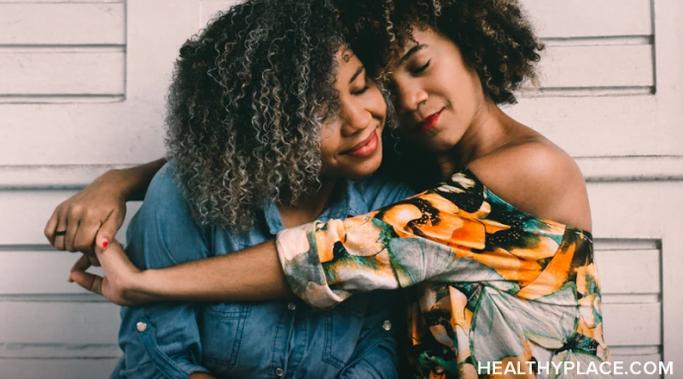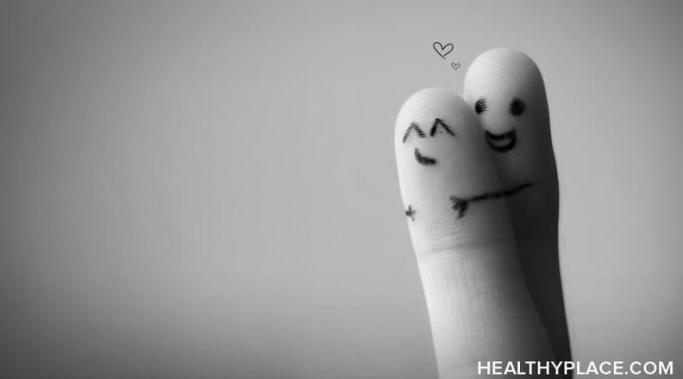Let's face it: navigating family interactions over the holidays can be stressful when you're queer or transgender. Some of us come from accepting families; some of us do not. Some of us have a mix of experiences with our families and face additional stressors over the holidays. The holidays are stressful for everyone, but they pose special challenges for transgender and queer people this time of year. Today, I'd like to break down some tips for navigating family at this time of year.
LGBT Family Life
The holidays can be a difficult time for those struggling with anxiety or other mental health issues. Those in our lesbian, gay, bisexual, transgender, queer, intersex, asexual, etc. (LGBTQIA+) community struggling with anxiety have an added layer of difficulty during the holidays. I haven't celebrated a holiday with my family in many years. This is due to both my sexual orientation as well as my difficulties with mental illness. For those LGBTQIA+ individuals who have no ties to their family or a strained relationship with family, this time of year can be less than joyous. How can we rally to help our LGBTQIA+ mental health community feel more included?
Despite common belief, there is domestic violence in the lesbian, gay, bisexual, transgender, queer, intersex, asexual, etc. (LGBTQIA+) community. I know there is because I am a lesbian survivor of domestic violence. A decade ago, I entered a police station after a physical assault from my partner looking for help. The officer who took my report ended our meeting by explaining to me that my allegations would never hold up in court. He stated I should have fought back. His closing remark was to leave my partner if I was unhappy. It took me six more months of enduring abuse before I was able to escape my domestic violence partnership.
How to help your child cope with autistic meltdowns is a question for many parents. Recently, on a message board for autistic adults and allies, a parent asked for some advice on helping her child with his autistic meltdowns. While these sorts of groups and message boards weren’t around when I was young, I sure wish my mom had done this sort of thing when I was a kid.
I believe in the importance of self-care, especially for lesbian, gay, bisexual, transgender, and queer (LGBTQ) people. But I wasn't always this way. In fact, until this past year, I'd heard about the self-care movement but dismissed it as "narcissistic" or "selfish." I also thought that I didn't deserve to take care of myself when I could spend that time helping others.
tneely
School is back in session in our home and with it has come a torrent of changes not only to our daily routine, but also in our relationships and associations. For my 3 daughters; a senior in high school and two middle-schoolers going back to school is an exciting time as they look forward to meeting a new set of teachers, friends, soccer coaches, etc. However, for many LGBT families, going back to school can mean anxiously making decisions about how out to be in the school environment, if at all.
Given how heated the international debate about same-sex marriages (and the families we create) are, it is not without reason that as LGBT parents, we may worry about the impact coming out in our child’s school will have.
tneely
It was the summer of 2010 and after 4 years of coming out, dating and gradually growing closer as a couple, my partner Tamiko and I were both joyously and anxiously planning for our upcoming commitment ceremony that autumn. We were also looking forward to blending our families and starting a new chapter of life together.
tneely
Hurting other people, especially those we love, is inevitable. Living with mental health issues like Bipolar Disorder, PTSD, Depression, Addiction and other mood altering conditions, means we will also have to live with the fact that we hurt other people with greater frequency and sometimes with greater depth than those who are not. So if we are going to have healthy relationships, learning to acknowledge our slights and ask for forgiveness is essential.
tneely
I come from a large quirky family of addictive and codependent personalities that bred what seems like nothing but toxic relationships; relationships that ultimately did more to harm our mental, physical and emotional well-being than good (7 Basic Signs of a Toxic Relationship). I've never really considered us "dysfunctional" because we actually functioned quite well as long as everyone did their job and played their role. That job or role always being to pacify and enable the person with issues by protecting them from reality or the consequences of their actions. It looks a little something like this:
tneely
It’s no secret that those of us in LGBT relationships tend to have strong emotional attachments with our partners, particularly long-term partners. While this can be a wonderful experience in a relationship with healthy boundaries between “self” and “other”, strong emotional attachments can become maddening when codependency is an issue.
Anyone who has spent any time in the LGBT community may have heard comments like: “Lesbians never break up.” and “Gay men never let go.” While this has been a widely accepted idea often used to stereotype our relationships as dysfunctional, research is showing that there is some truth to these statements. Specifically; that women in same-sex relationships tend to remain connected and intertwined in each others lives long after break-up.
